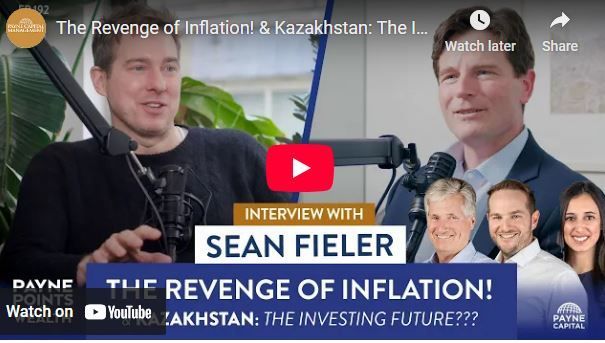Kuroto Fund, L.P. - Q2 2024 Letter
Dear Partners and Friends,
PERFORMANCE
Kuroto Fund, L.P. declined -2.0% in the second quarter of 2024 while the Emerging Markets index gained 5.1% over the same period. For the 2024 year to date through the end of June, Kuroto Fund, L.P. is up 5.1% and the Emerging Markets index has appreciated 7.5%.
Performance in the quarter was weighted down by declines in our Georgian investments and African banks. These declines were partially offset by strong, positive contributions from our oil and gas positions.
A breakdown of Kuroto Fund's exposures and contribution can be found here.
narrowing a vast universe
Analyzing emerging and frontier markets seems like an impossible undertaking to most domestically-focused investors. We’re often asked, “How can you possibly know what is going on in these far-flung geographies?”
Our answer: we don’t try to understand the business practices, macroeconomic and political ongoings of every emerging market and frontier country. That would be impossible. Instead, we carefully pick our spots, focusing on the twenty emerging and frontier countries that offer the most attractive investment opportunities in our opinion. Logistically, this entails traveling to these twenty countries and getting to know the best businesses and people associated with them. From a macroeconomic perspective, this means understanding the economic drivers, the government’s fiscal position, and central bank policy. On a political level, we focus on the scope of the domestic political debate and the geo-political forces shaping a country. Georgia, one of our largest country exposures, offers a perfect case study of our process.
narrowing a vast universe
Kuroto first invested in Georgia in the 4th quarter of 2016. At that time, Georgian stocks were trading at low valuations due to the recency of the 2008 Russo-Georgian war. While the war had ended, investors were still avoiding Georgia. The prevailing wisdom of the time was that if Russia invaded once, they could invade again. Having closely followed the invasion in 2008 and ensuing events, we had a different opinion.
By 2012, it was clear that Georgian President Mikheil Saakashvili’s effort to join NATO had failed. NATO member states opposed Georgian membership, and after the fall of Mikheil Saakashvili’s government, there was scant domestic political support within Georgia to join NATO. As such, the root cause of the Russo-Georgian war had been resolved, making renewed conflict or additional loss of territory unlikely in our opinion. Our high degree of confidence in this conclusion requires a bit of historical context.
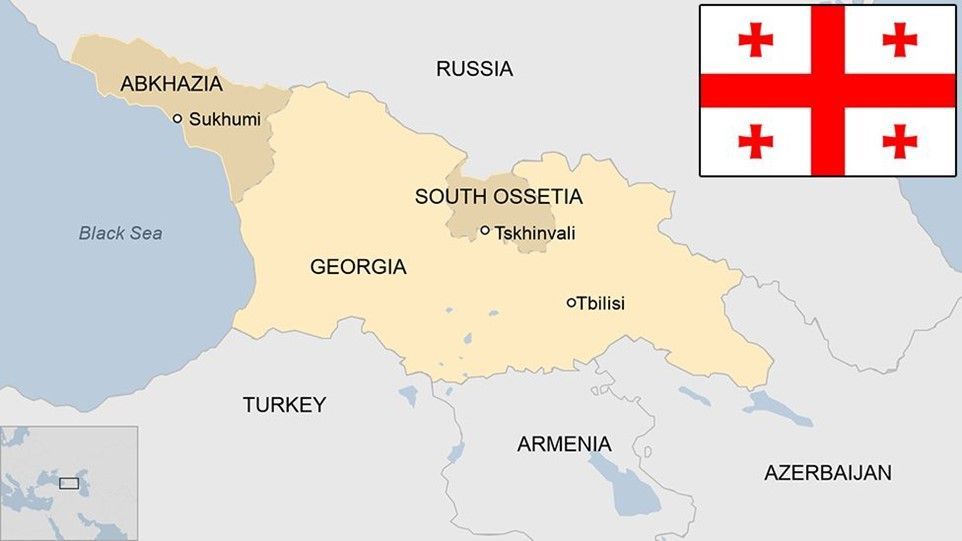
Following the collapse of the Soviet Union in 1991, Soviet-trained leaders ruled Georgia for another dozen years. Georgia stagnated under this incompetent and corrupt post-Soviet leadership, and that stagnation created the demand for a political revolution. In 2003, Mikael Saakashvili came to power in the Rose Revolution, won 96% of the vote at the age of 36, and immediately executed on his mandate to radically transform the country. He removed communists from the Georgian bureaucracy, established credible fiscal policy, and stabilized the country’s exchange rate. The results were impressive: Georgia skyrocketed to 7th in the world in terms of ease of doing business and began attracting significant investment from the West. Saakashvili then attempted to complete Georgia’s reorientation away from Russia by joining NATO. This proved a bridge too far, and on August 7th, 2008, Russia invaded Georgia. The war cost Georgia 20% of its territory and cost Saakashvili his reputation.
In 2011, Bidzina Ivanishvili’s Georgian Dream coalition won control of Parliament. Ivanishvili, who made his money in Russia, ran on a platform of reorienting Georgia’s foreign policy while keeping Georgia’s free market economic model. The result was a Georgia that refused to antagonize Russia while maintaining Saakashvili’s low-regulation, low-tax, free market policies. This platform proved popular, and to this day the Georgian Dream coalition dominates Georgian politics.
From an economic perspective, Georgian Dream’s mix of economic policies has delivered. Georgian real GDP growth has averaged 5.1% over the past decade inclusive of the COVID dip. Real GDP was originally projected to continue to grow 5.2% in 2024, and now looks likely to overshoot this projection given the country’s 7.8% Q1 real growth rate. Inflation is running at 2.2% and the Central Bank continues to maintain meaningful real rates with policy interest rates at 8%. The Georgian Lari trades at 2.7 Lari to the US Dollar, roughly the same level as 5 years ago. With a debt to GDP ratio of 39%, and a projected fiscal deficit of 2.5% for 2024, Georgia remains a paragon of fiscal responsibility.
Georgia’s chief macroeconomic vulnerability is its current account deficit – which was 4.3% of GDP in 2023 but averaged 7.5% over the past five years. In a normal year, trade remittances, tourism, and FDI counterbalance this deficit, but these sources of capital can dry up quickly in a crisis. The current account deficit in combination with the tendency of Georgian savers to rapidly switch between USD and Lari keeps the Georgian Lari constantly in the crosshairs of market forces. Georgian politicians and central bankers are acutely aware of this dynamic which has led to their very conservative macroeconomic policies.
Georgian policy makers have also opted for prudent foreign policy given the country’s obvious geopolitical vulnerabilities. While Russia’s invasion of Ukraine in 2022 raised the specter that Russia would again invade Georgia, the initial knee-jerk sell off in the Georgian stock market and currency turned out to be exactly wrong. Russia’s invasion of Ukraine was not a prelude to a Russian invasion of Georgia. Instead, the resulting sanctions on Russia caused a mini-economic boom in Georgia as trade flows shifted, IT workers relocated, and regional manufacturing moved to Georgia, the most business-friendly country in the Caucasus.
Bidzina Ivanishvili and the Georgian Dream coalition have been working hard to keep Georgia in the good graces of both Russia and the West. On the one hand, Georgia has free trade agreements with the EU and the US. On the other hand, Georgia has not fully implemented Western sanctions against Russia. To further diversify the country’s geopolitical position, the government of Georgia has courted Chinese investment. This has resulted in a Chinese commitment to build a deep-sea port on the Black Sea. This port would give China a direct trade route to Europe that avoids Russia and Iran, as well as the Straits of Malacca and the Suez Canal. In addition to the economic benefits of this investment for Georgia, having a Chinese-backed port and trade corridor provides further insurance against Russian aggression.
Balancing the interests of Russia, China and the US will inevitably upset each three of these large powers at different times. Most recently, Ivanishvili championed a law curtailing foreign donations to local NGOs which has upset the West. The new law requires any Georgian NGO receiving more than 20% foreign funding to register its employees as foreign agents. Ivanishvili supported this law because he is concerned that foreign nations will use Georgian NGO’s to stir up opposition to his Georgian Dream party in the elections this fall. This policy drew sharp rebukes from the EU and US governments, and effectively ended Georgia’s near-term hopes of joining the EU.
Our take is that this bill was not unreasonable given the high likelihood of foreign state involvement in Georgian politics. The prudent foreign policy for a small country fending off advances from the US, Russia and China is non-alignment. This appears to be the path that Ivanishvili is taking. If the country can preserve its independence, it should grow as a destination for international capital from around the region and has the potential to be the Singapore or Dubai of the Caucasus region.
CONCLUSION
Georgia is an example of the type of country where we've been finding our best investments in recent years. The country has obvious tip of tongue reasons to avoid it – it’s next to Russia, it’s small, and it’s not in an index so there are not passive fund flows. We've spent time in the country analyzing Georgia's politics, economy, and best businesses, and came away favorably impressed. Today, we own the country’s largest bank, which earns a 25%+ Return on Equity, grows revenue over 10%+ per year, and is trading below book value. We also own an investment holding company which is trading at half of our sum-of-the-parts Net Asset Value and is actively buying back stock at this discounted valuation. In normal market environments, these attractive combinations of value and quality in dominant businesses only exist in off the beaten path geographies.
Sincerely,
Sean Fieler Brad Virbitsky
[1] Please note that estimated performance has yet to be audited and is subject to revision. Performance figures constitute confidential information and must not be disclosed to third parties. An investor’s performance may differ based on timing of contributions, withdrawals and participation in new issues.
Unless otherwise noted, all company-specific data derived from internal analysis, company presentations, Bloomberg, FactSet or independent sources. Values as of 6.30.24, unless otherwise noted.
This document is not an offer to sell or the solicitation of an offer to buy interests in any product and is being provided for informational purposes only and should not be relied upon as legal, tax or investment advice. An offering of interests will be made only by means of a confidential private offering memorandum and only to qualified investors in jurisdictions where permitted by law.
An investment is speculative and involves a high degree of risk. There is no secondary market for the investor’s interests and none is expected to develop and there may be restrictions on transferring interests. The Investment Advisor has total trading authority. Performance results are net of fees and expenses and reflect the reinvestment of dividends, interest and other earnings.
Prior performance is not necessarily indicative of future results. Any investment in a fund involves the risk of loss. Performance can be volatile and an investor could lose all or a substantial portion of his or her investment.
The information presented herein is current only as of the particular dates specified for such information, and is subject to change in future periods without notice.
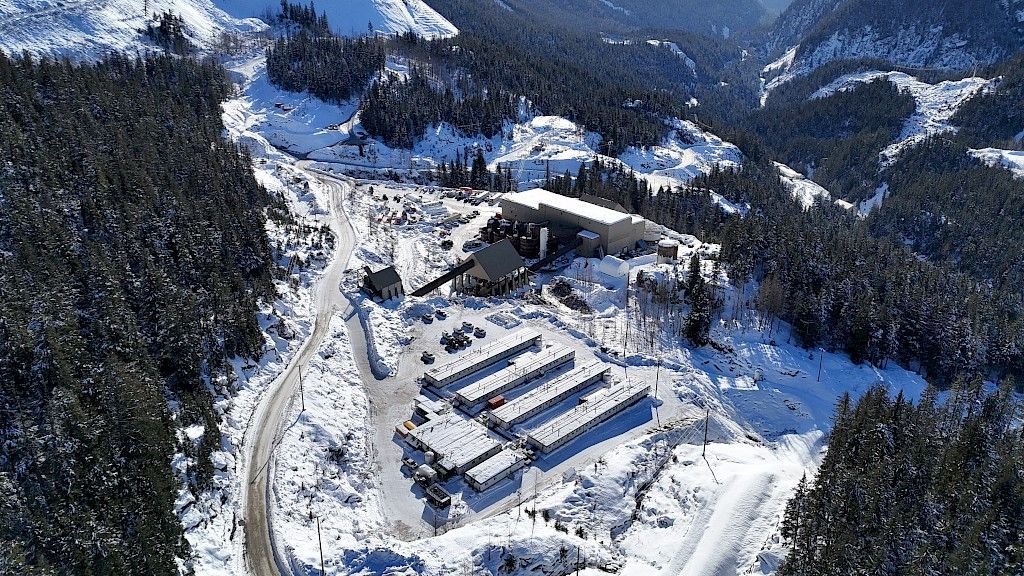
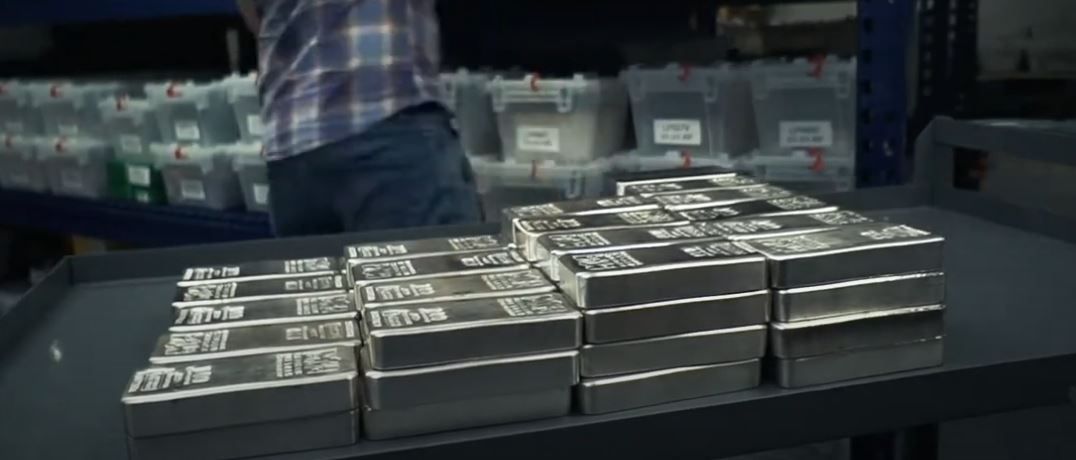
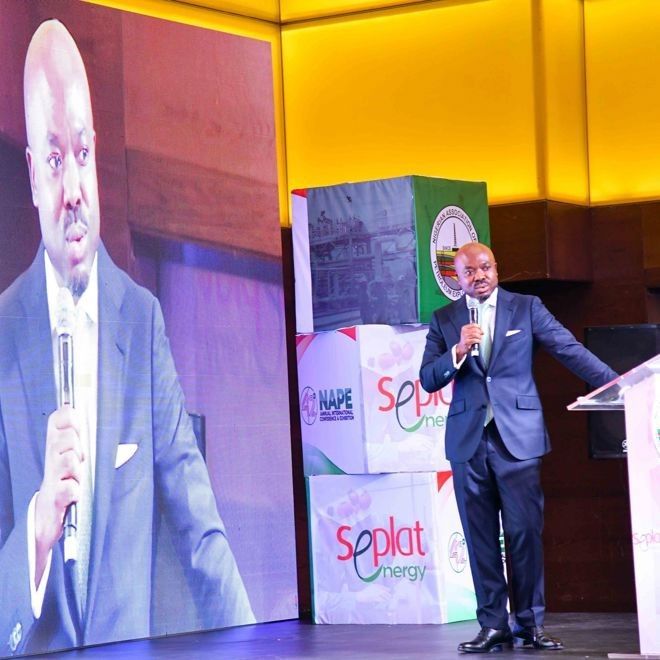
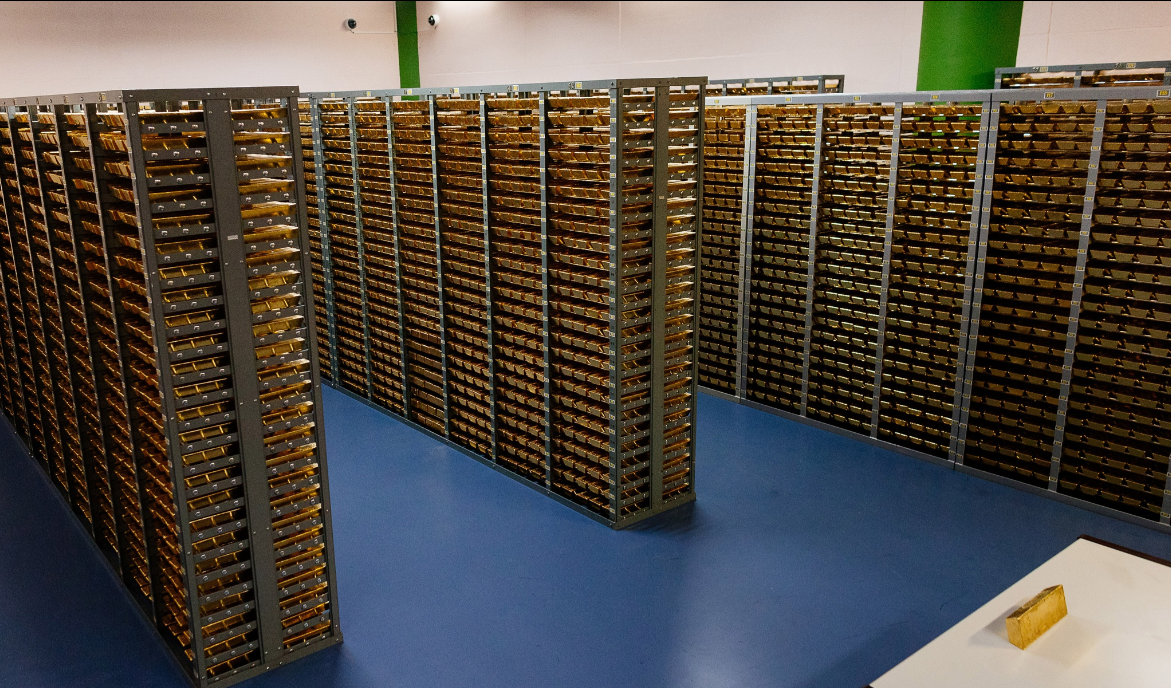
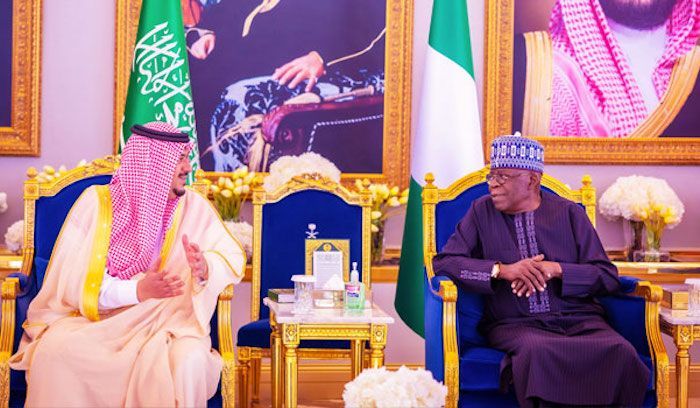
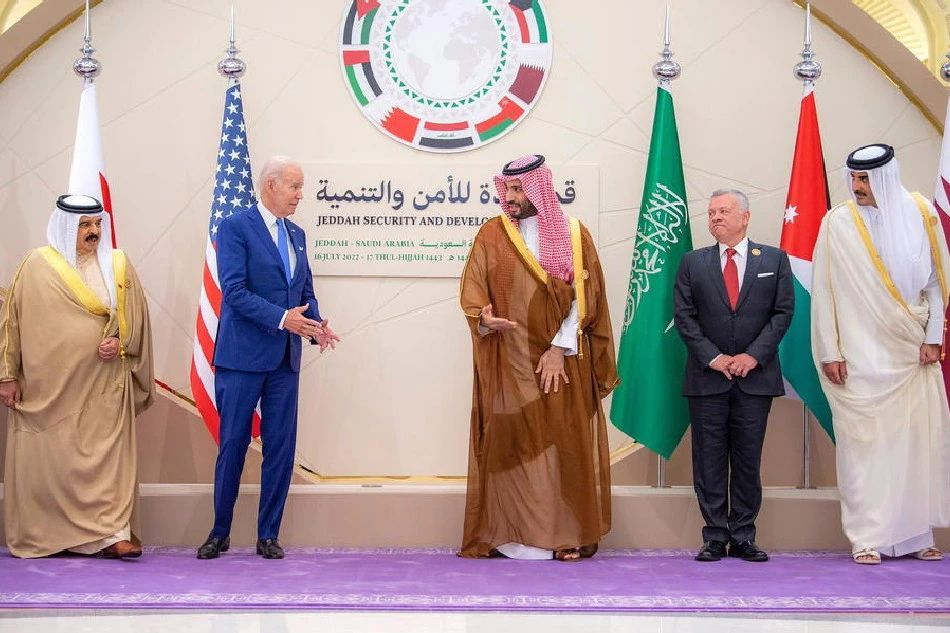
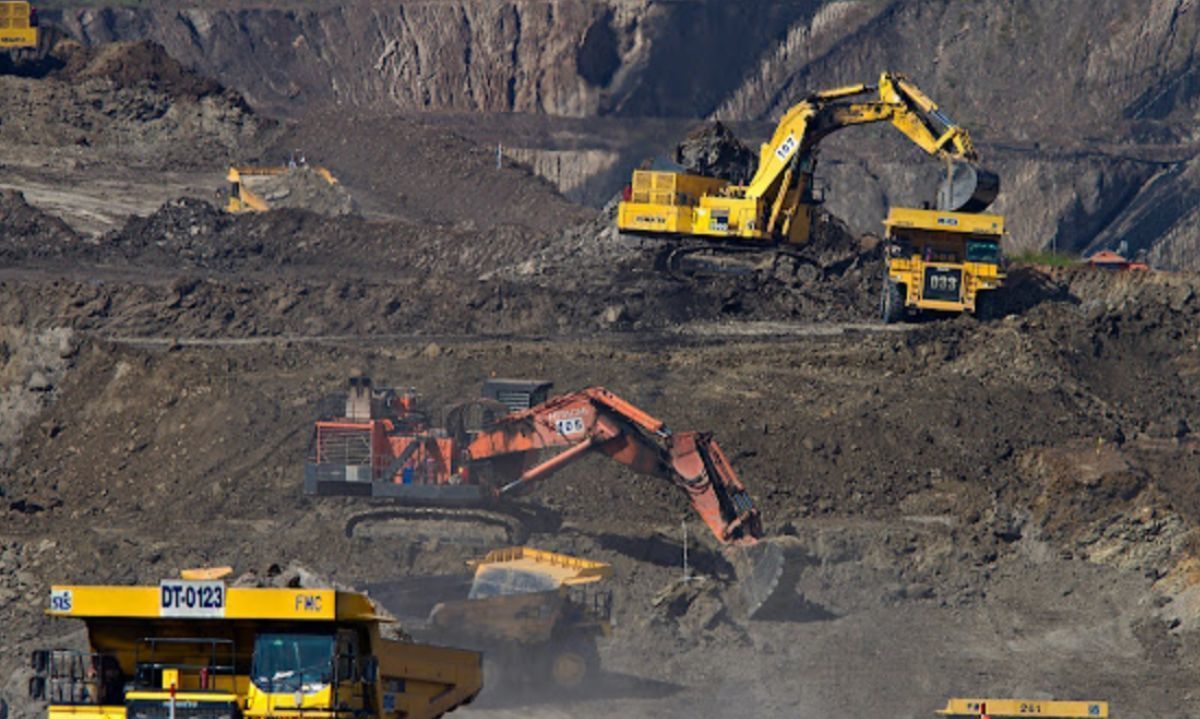
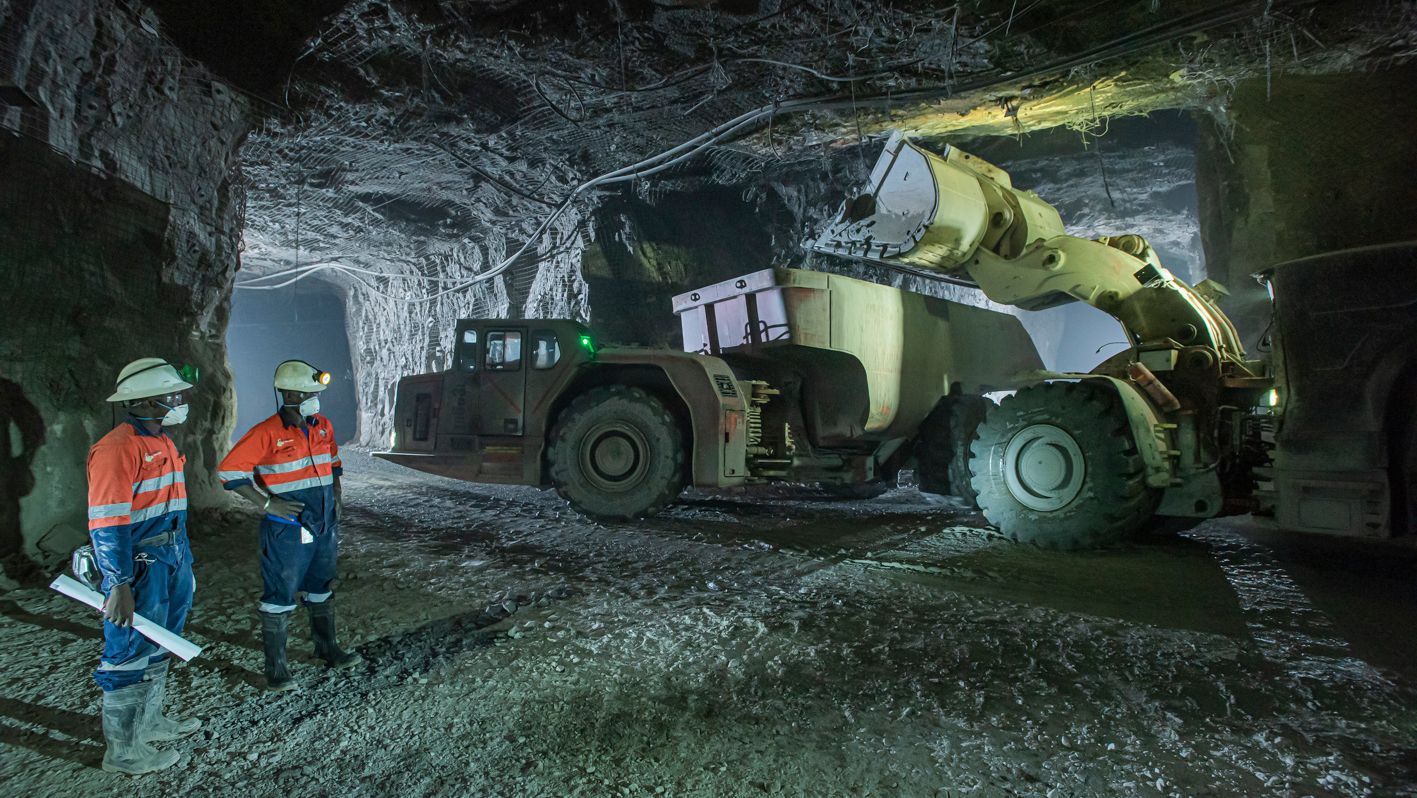
Equinox Partners Investment Management, LLC | Information as of 12.31.24 unless noted | *SEC registration does not imply a certain level of skill or training
Equinox Partners Investment Management, LLC | Site by Fix8

